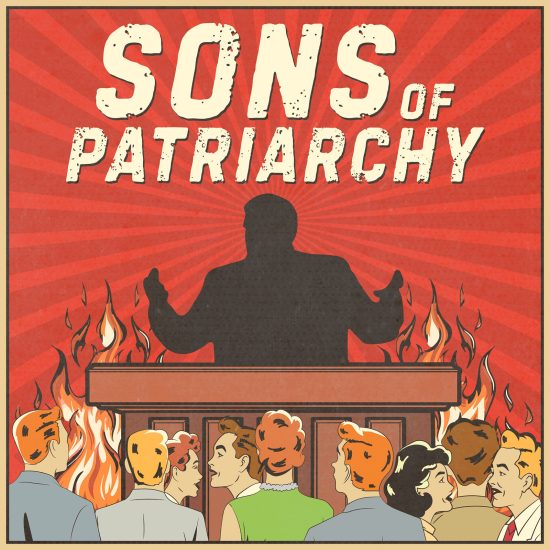
This opening of a recent Time article by Katherine Sharp Landdeck caught my attention: “I often tell my students you don’t want to be interesting to doctors or historians” (“Why We Should All Be Keeping Coronavirus Journals”).

Ken Satterfield
While we are always experiencing history, there are times you know that you are experiencing what will eventually be called a Historic Moment. The fall of the Berlin Wall. The breakup of the USSR. 9/11.
But then the moment passes, society adjusts, and we are left with our experiences.
And that’s true with our day-to-day happenings as well. Meaningful encounters. Funny stories. Life lessons. Despite how many times I’ve been encouraged to keep a running commentary of my life, I have had an unshakable confidence in my memory.
Silly me. As Indiana Jones put it, “It not the years, honey. It’s the mileage.” As my own odometer rolls forward, I’m increasingly left with fuzzier stories, as I grasp the tendrils to know where it happened, who said it, and how I really felt.
Historians share that fear. Despite being a digital society, they worry we may actually have less to look back on because of the tendency for these formats to become obsolete over time.
Landdeck encourages us to record our coronavirus stories now to help future generations gain perspective on our experiences. Many are looking back now at accounts of the 1918 flu pandemic collected by the Library of Congress and found in the archives of publications, including Word&Way.
So how can you take your spot in history?
Keep your own journal. There are a host of benefits to keeping a journal, according to HuffPost, from creativity and self-discipline to some evidence of actually improving your IQ. Professor James Pennebaker shared with NPR four guidelines to getting started: Do it when and how long you want; use the medium you want; do it for yourself; and do it to reflect, not to fix.
But how do you write a coronavirus journal? Wright State University suggests some prompts to get you started, including day-to-day experiences, changes you encounter, challenges, and reflections.
Don’t limit yourself to writing. There are many ways to express yourself besides a journal or keypad. Consider poetry, drawing, or photography. Oral histories of yourself and family members. Even sounds.
Contribute to a collection. Your observations are valuable and are worth being gathered. Audra D. S. Burch’s article “What Historians Will See When They Look Back on the Covid-19 Pandemic of 2020” in The New York Times explores how the gathering process has already begun. Here are some current efforts I found that may give you ideas of where to look nationwide and close to home:
- In Real Time – Historical Society of Washington, D.C. (written, photos, art, collections)
- Enduring COVID-19 in the Ozarks – Springfield-Greene County Library District (photos)
- “Quaranzines” – Various libraries and individuals (#quaranzine)
- A Journal of the Plague Year – Arizona State University (written)
- COVID-19 Oral History Project – Indiana University–Purdue University Indianapolis (oral)
 Surprisingly, one effort I did not find any evidence of: efforts to document the intersection of religion and the coronavirus beyond news accounts. Is anyone collecting individual stories? If not, we are wasting an incredible opportunity to gather the questions and reflections of both faith leaders and followers of the various faith traditions — and even those outside the church.
Surprisingly, one effort I did not find any evidence of: efforts to document the intersection of religion and the coronavirus beyond news accounts. Is anyone collecting individual stories? If not, we are wasting an incredible opportunity to gather the questions and reflections of both faith leaders and followers of the various faith traditions — and even those outside the church.
Consider the insights future believers could glean from questions such as:
- How did we have to adapt those elements of worship familiar to us: communion, weddings, funerals, even passing an offering plate?
- What adaptations did we make without in-person worship?
- What was a virtual Easter like?
- What feelings did we experience in the absence of physically meeting together?
- What were our hopes and fears?
- Did my church apply for the small business loans? Why or why not?
- What changes were needed to protect at-risk groups who provide much of our volunteer service?
- What were the discussions in our church and our local faith community about opening churches again?
- How did we balance freedom of worship with local health restrictions?
- What events were our society dealing with during this time?
- What is worship without singing?
- How are we continuing to share Christ in word and deed locally, nationally, and around the world?
- What was it like meeting together again?
Gather these thoughts now. Our future selves are waiting.
Ken Satterfield is the former marketing director for Word&Way, with more than three decades of experience in media.






